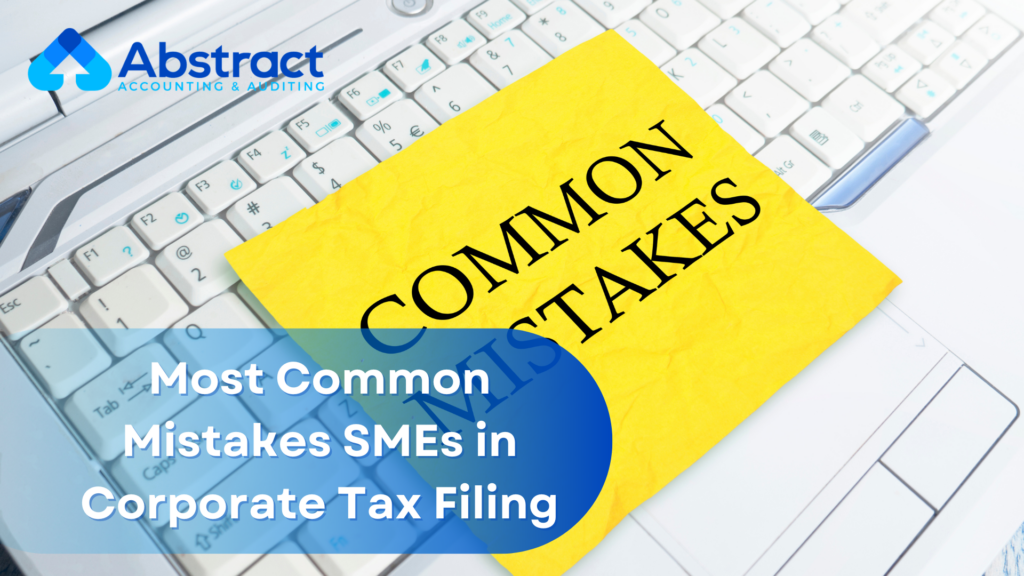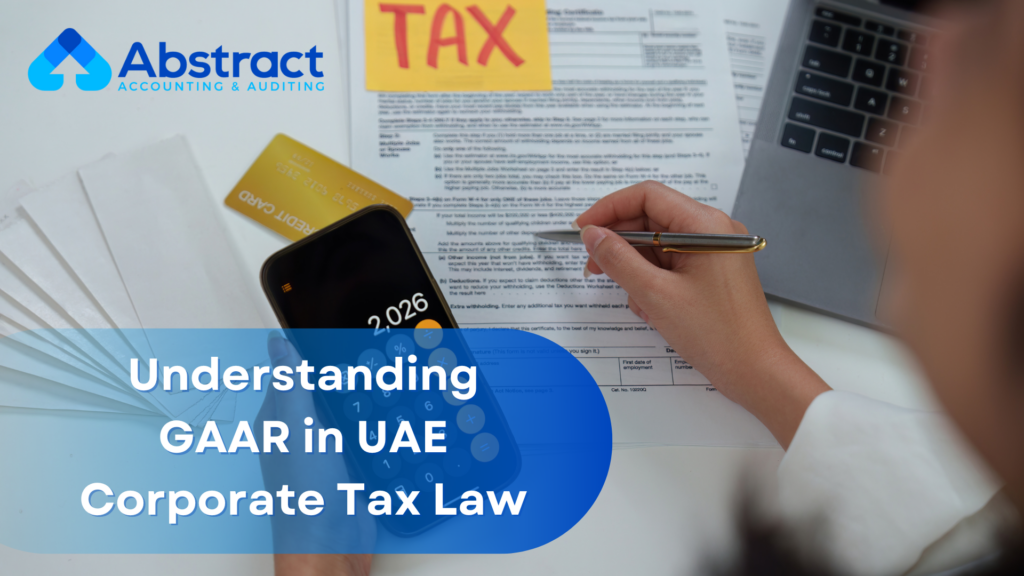Corporate Tax Registration | Documents required for Registration
Title: A Comprehensive Guide to Corporate Tax Registration in the UAE
Are you planning to set up your business in the United Arab Emirates (UAE)https://eservices.tax.gov.ae and wondering about the corporate tax registration process? Look no further! In this guide, we’ll walk you through the procedure for corporate tax registration in the UAE, ensuring that you’re well-equipped with the necessary information to smoothly navigate this essential step in establishing your corporate presence in the country.
Understanding Corporate Tax in the UAE:
The UAE has gained international recognition as a tax-efficient jurisdiction due to its favorable tax policies. Currently, there is no federal corporate income tax imposed on companies operating in the UAE. However, the situation may vary within the different emirates and free zones. It’s crucial to be well-informed about the specific tax regulations that apply to your business location.
Procedure for Corporate Tax Registration:
- Choose Your Business Location: The first step in the process is to select the emirate or free zone where you plan to establish your business. Different regions may have varying regulations and requirements for taxation. Research and select a location that aligns with your business needs and objectives.
- Legal Structure Selection: Depending on the nature of your business, choose the appropriate legal structure. Common options include Limited Liability Company (LLC), Free Zone Company, and Branch Office. The chosen structure will influence your tax obligations and registration procedure.
- Consultation with Tax Advisors: It’s highly recommended to consult with tax advisors or legal experts who are well-versed in UAE taxation laws. They can provide tailored advice based on your business type, structure, and location.
- Apply for Trade License: Obtain the necessary trade license from the respective authority in the chosen emirate or free zone. This license permits you to conduct business activities legally within the UAE.
- Register with Relevant Authorities: Depending on your business structure, you might need to register with different authorities. If you are a Free Zone Company, you will register with the respective free zone authority. For LLCs, registration typically occurs with the local Department of Economic Development.
- Obtain Tax Residency Certificate: While UAE doesn’t impose a federal corporate tax, certain jurisdictions might require proof of tax residency for treaty purposes. You can obtain a Tax Residency Certificate from the Ministry of Finance.
- Stay Informed: Keep yourself updated about any changes in taxation laws and regulations. While the UAE is known for its stable and business-friendly environment, staying informed will help you make informed decisions and remain compliant.
- Annual Compliance: Even though there might not be a federal corporate tax, there could be other obligations such as VAT (Value Added Tax) that you need to comply with. Ensure you stay compliant with all financial reporting requirements.
Conclusion:
Navigating the corporate tax registration process in the UAE requires careful consideration of the specific rules and regulations that apply to your business. While the UAE offers a tax-friendly environment, it’s essential to engage with professionals who can guide you through the intricate process and ensure your business is set up in full compliance with all legal requirements.
Remember that the information provided here is a general guideline, and it’s crucial to seek personalized advice based on your unique business circumstances. By following these steps and working closely with legal and tax professionals, you’ll be well on your way to successfully registering your business for corporate tax purposes in the UAE.
Documents required for Registration
The documents required for corporate tax registration in the UAE can vary based on the specific emirate, free zone, or jurisdiction where your business is located. However, here is a general list of documents that are often required for corporate tax registration:
- Trade License: A copy of the trade license issued by the relevant authority in the chosen emirate or free zone.
- Memorandum of Association (MOA) and Articles of Association (AOA): These documents outline the legal structure, activities, and ownership details of your company. They should be attested and notarized as required.
- Passport Copies: Passport copies of the shareholders, directors, and other key personnel of the company.
- Emirates ID Copies: Copies of the Emirates ID (UAE residence permit) of shareholders, directors, and key personnel.
- Proof of Address: Residential address proof (utility bills, lease agreement, etc.) for shareholders, directors, and key personnel.
- Board Resolution: A board resolution approving the decision to register for corporate tax, along with the appointment of authorized signatories.
- Power of Attorney: If applicable, a Power of Attorney granting authority to specific individuals to represent the company during the registration process.
- Financial Statements: Audited financial statements or financial projections may be required to provide an overview of the company’s financial position.
- Certificate of Incorporation: A copy of the company’s Certificate of Incorporation issued by the relevant authority.
- Company Profile: A detailed company profile outlining the nature of the business activities, products, and services offered.
- Share Certificate: Copies of share certificates issued to shareholders.
- Local Sponsorship Agreement: In some cases, if you’re setting up a business in a mainland jurisdiction, a local sponsor agreement might be required.
- Tax Residency Certificate: If seeking to avail of tax treaty benefits, a tax residency certificate obtained from the Ministry of Finance might be necessary.
- Bank Statements: Recent bank statements showing the company’s financial transactions.
- Lease Agreement: A copy of the lease agreement for the company’s office or business premises.
- Employee Details: If applicable, employee details, including their passport copies, Emirates IDs, and employment contracts.
- VAT Registration Certificate: If your company is registered for Value Added Tax (VAT), a copy of the VAT registration certificate might be required.
- Application Forms: Filled-out application forms provided by the relevant authority for corporate tax registration.
Please note that this is a general list, and the specific requirements can differ depending on the jurisdiction and the nature of your business. It’s recommended to consult with legal and tax professionals or contact the relevant authorities in your chosen emirate or free zone to obtain accurate and up-to-date information about the required documents for corporate tax registration in the UAE.







